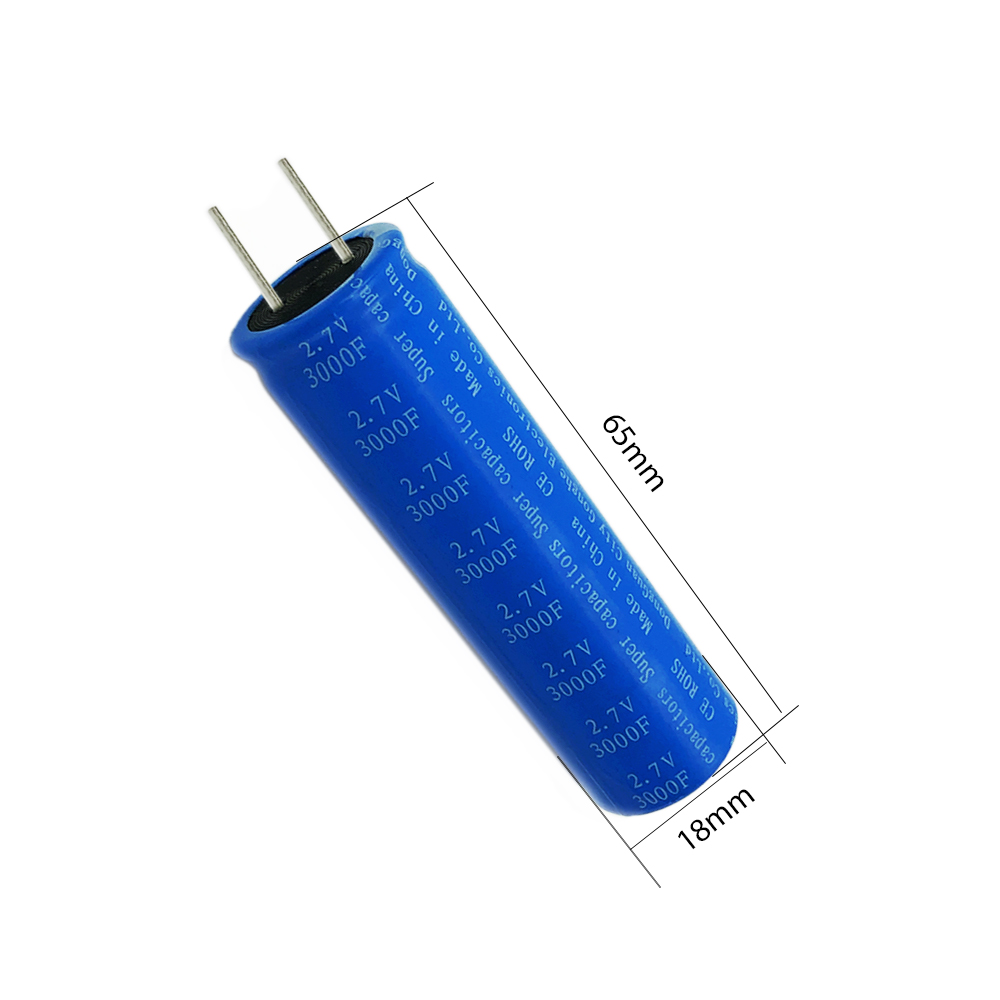Wedoany.com Report-Nov 26, ASomaïr Board of Directors meeting has failed to resolve growing tensions between shareholders – France’s Orano (63.4%) and Niger state company Sopamin (36.6%). Niger’s military government is disputing a decision by Orano to cease uranium production at the Somaïr uranium mine. Orano announced in October that it was stopping production in face of increasingly difficult operating conditions and financial issues.
Orano’s decision followed border closures between Niger and Benin, which left 1,050 tonnes of uranium concentrate from the 2023 and 2024 stockpiles stranded. Orano estimates the value of the blocked uranium at €300m ($324m), representing almost half of the site’s average annual production. Orano said it had considered various options to no avail, including airlifting uranium through Namibia.
Niger is the world’s seventh largest producer of uranium and has the highest-grade ores on the African continent. It accounts for 4.7% of the world’s natural uranium production. In 2022, Niger provided more than a quarter of the uranium used in the European Union, the second biggest supplier after Kazakhstan, according to Euratom. France has depended on Niger for up to 15% of its uranium needs.
In the summer of 2023, a coup d’etat in Niger put in place a military government, which said it would review foreign mining concessions and in January temporarily suspended the granting of new mining licences, ordering an audit of the sector. In March, the government cancelled an agreement with the USA, after which American troops were withdrawn. French military troops were expelled in December 2023 after which relations with France have continued to deteriorated.
The Somaïr Board has now approved a motion to introduce protective measures which, it says are essential for preserving the cash required to pay salaries and maintain the safety and integrity of industrial sites. The Board is requesting a temporary halt to expenditure related to mining and processing ore, until such time as it resumes the export and sale of its products. However, Sopamin representatives left the meeting room during that vote, choosing to abstain.
During the meeting, Orano reaffirmed its commitment to Somaïr employees by voting for a proposal to direct its remaining available cash reserves towards the payment of salaries and the upkeep of industrial sites’ vital functions for as long as possible.
Orano said in a statement: Today, Somaïr is stifled by the debts accumulated by its shareholder Sopamin, and by its inability to export and obtain proceeds from the sale of its products, even though it has quality industrial facilities and mineral reserves which should permit production to continue until 2040; as well as a competent and highly-qualified Nigerien workforce, which has demonstrated commendable professionalism and resilience in this trying time.”
Orano stressed that the latest decision was “in no way a cessation of operations or closing of the site, but merely the decision to place a stop on all non-essential expenditure in the current configuration”. Orano said it has always made sustainable investments in Somaïr and “regrets this situation and the difficult consequences it will entail for the 750 employees of Somaïr and the firm’s sub-contractors as well as the local economy”.
Orano also said it considered recent “statements by the Minister for Mining made to foreign media to be regrettable, as they indicate a choice which will not resolve the problems facing Somaïr”. It added: “These damaging statements will not alter Orano’s position.”
Orano was referring to comment made by Niger Mining Minister Ousmane Abarchi to Russia’s RIA Novosti press agency on the sidelines of the first ministerial conference of the Russia-Africa Partnership Forum in Sochi. “We have already met with Russian companies that are interested in coming to Niger and exploring and extracting natural resources. And this area is not only about uranium. Indeed, we invited them to come to Niger for this,” he said.
He added: “With regards to French companies, the French government – via its head of state – has said it does not recognise the Niger authorities,” he said. “Does it seem possible in this case that we, the State of Niger, accept that French companies continue to exploit our natural resources?”
Russia is planning to reopen its embassy in Niger, which was closed in 1992. Russian interests are currently represented by the Russian Embassy in the Republic of Mali. Russian Foreign Minister Sergey Lavrov said a “mutual commitment to expanding bilateral interaction” had been re-affirmed with the recent reopening of the Nigerien embassy in Moscow, closed since 1995. By reopening “in the near future” the Russian embassy in Niamey “we will restore a robust diplomatic infrastructure which will be beneficial for bilateral relations”, he said.














